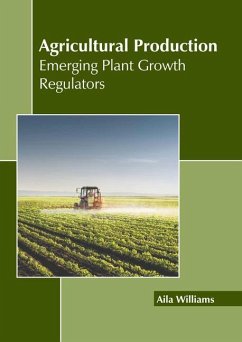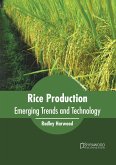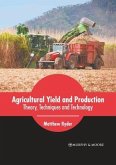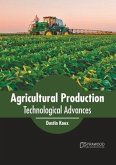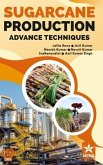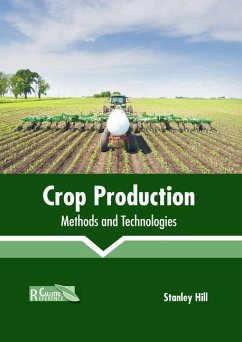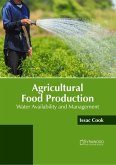Plants produce hormones naturally, which affects various processes such as gene expression and transcription levels, cellular division, and growth. When these hormones are synthesized artificially, these are called as plant growth regulators (PGRs). They can be used to positively affect plant growth. There are different types of PGRs including auxins, cytokinins, and gibberellins. that regulate the growth of a plant. They function as chemical messengers for intercellular communication. These plant regulators play a cardinal role in plant signaling networks as they are involved in the plant developmental process and a wide range of biotic and abiotic stress responses. Plant growth regulators can be extensively used within agricultural production for various purposes such as influencing reproductive development, vegetative growth and aging, along with preservation after harvesting. This book outlines the role of plant regulators in increasing agricultural productivity in detail. It presents researches and studies performed by experts across the globe. The book will prove immensely beneficial to professionals and students involved in this area of agriculture science at various levels.

